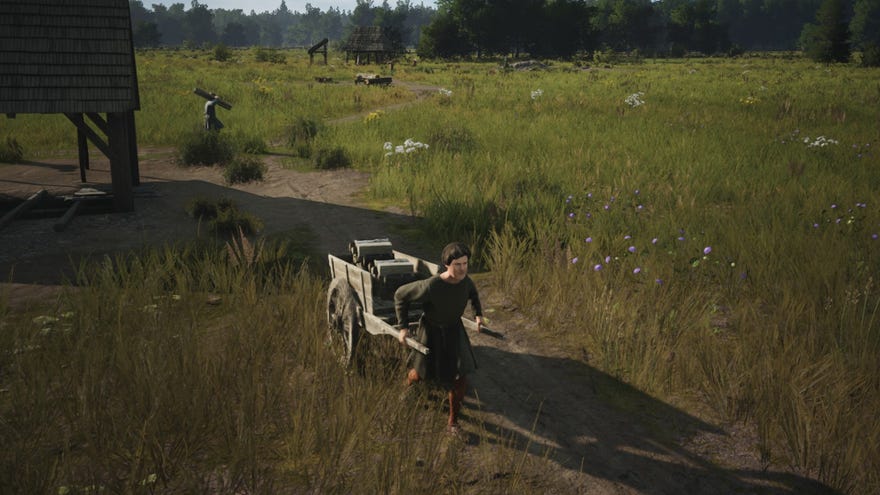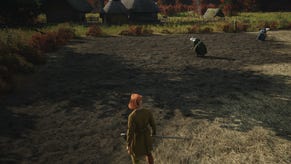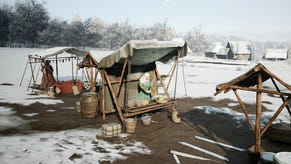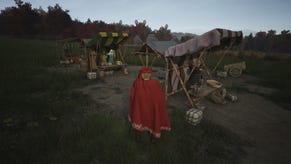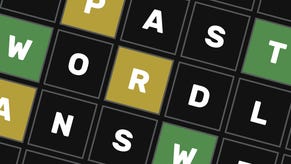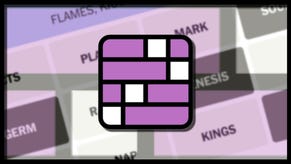How to set trade rules and trade routes in Manor Lords
Here's how to set up trade rules and trade routes in Manor Lords
Want to trade in Manor Lords? Trade in Manor Lords is an extremely useful feature, especially when your growing town needs a certain resource that it hasn't developed yet, or simply wants to get rid of extra goods to make some coin. Trade is also one of the more unexplained mechanics in the game at the moment, and talk of routes, rules, and surplus goods is likely to make one's head spin at first.
In the following guide to trade rules and trade routes in Manor Lords, we've broken down the mystery and outlined the basics that you need to know to get your town on the road to bartering and acquiring the goods needed to grow.
Trade rules and routes explained in Manor Lords
Trade Rules are guidelines that you can set up for certain goods to always ensure that they are imported or exported from your settlement. For example, if you want to always sell a regular supply of eggs to make easy money, you can do so with a Trade Rule.
Trade Routes, meanwhile, need to be purchases in order to facilitate Major Trades. Major Trades are processed goods that require time and multiple buildings to create, like Ale. Their counterparts are Minor Trades, which are simple goods that can easily be produced en masse, like the aforementioned Eggs.
You can set up Trade Rules and Trade Routes for both goods and livestock, and to do so you'll need two buildings: the Trading Post or the Livestock Trading Post. The names should be self-explanatory - the Trading Post deals in items and materials while the Livestock Trading Post is only for beasts of burden. Aside from this difference, both function in basically the same way.
Once your trade building is built, click on it and select the Trade tab. You'll see a list of goods (or animals, but we'll just say "goods" from now on to make things simpler). Any of these goods can be imported or exported, but you'll need to adjust how much you want to buy or sell. Select the plus or minus to figure out the Desired Surplus of the good you want to have after your trade is finalised.
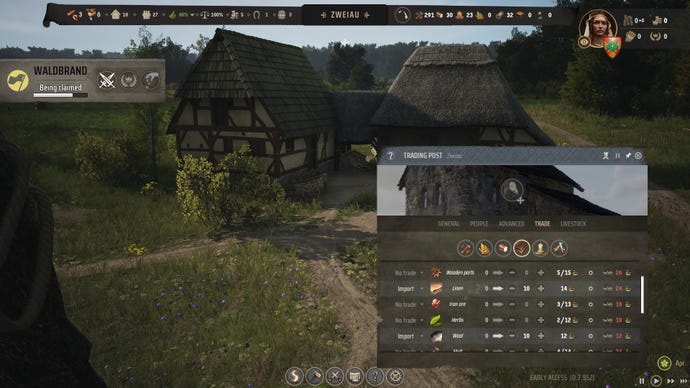
Once you've figured out the Desired Surplus, use the dropdown menu to the left to set up your Trade Rule. There are four options available:
- Never Trade (Select this if there's a good you never want to trade.)
- Import (Select this to import this particular good to your town until the Desired Surplus is reached.)
- Export (Select this to sell this particular good until the Desired Surplus is reached.)
- Full Trade (Select this to automate the import/export process; you'll automatically import a good if you don't have the Desired Surplus, and export it if you have more of the Desired Surplus.)
You can also check the prices for purchasing a Trade Route for your Major Trades on the far right of this same menu. Once you have a Trade Route set up, a travelling merchant will come to your town every month to specifically import/export your goods.
If you want, you can purchase a Trade Route for Minor Trades as well. This will give you the regularity of a travelling merchant arriving monthly. If you don't go with this option, the trade won't be as consistent, and will only occur at random whenever a merchant happens to stop by your settlement.
Trading tips in Manor Lords
As you experiment with Trade Rules and Trade Routes, you'll probably notice that it's typically more expensive to import goods than it is to export them. Nevertheless, you can still use trade to increase your Regional Wealth by following these tips:
- Export large amounts of goods that don't require many buildings or resources to manufacture. Eggs, which sell for 2 Regional Wealth, are a decent export resource especially at the start of Manor Lords, since they can be acquired by simply expanding your Burgage Plots with Chicken Coops.
- Export any extra materials you have that are taking up storage space If you're constantly running into the dreaded "Generic Storage Full" message but already have plenty of Storehouses and Granaries at your disposal, it might be time to think about trading some of that stuff.
- Invest in the trading section of the Developmental Upgrades tech tree to amplify your trading efforts. Get the Trade Logistics and Better Deals development options as soon as possible. Refer to our guide on the best Developmental Upgrades for more info, but in a nutshell, both upgrades make Trade Routes cost less and reduce import prices.
That should be everything you need to know to get started trading in Manor Lords and truly take advantage of mercantilism to make your settlement grow. If you're hankering for more information on the ins and outs of this game's unexplained systems, check out our guides on laying down roads, demolishing buildings, or even exploring your ever-growing town in third person Visit Mode. Our Manor Lords beginner's guide will also serve you well during the first year of growing your settlement.
